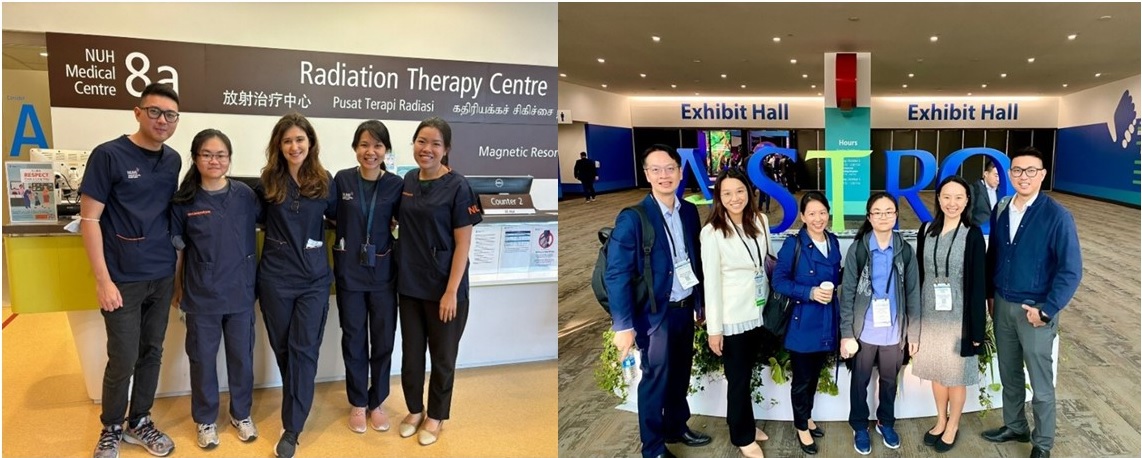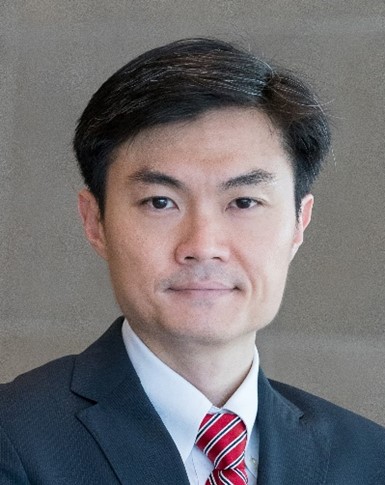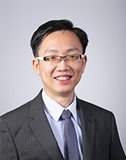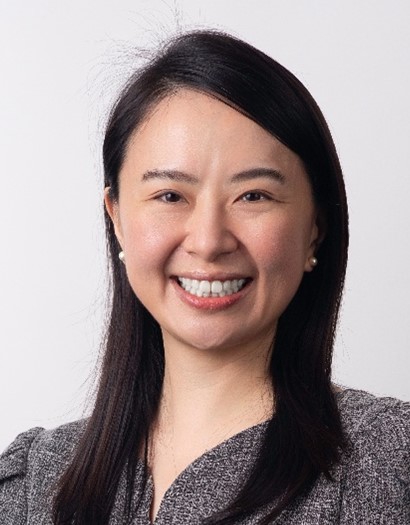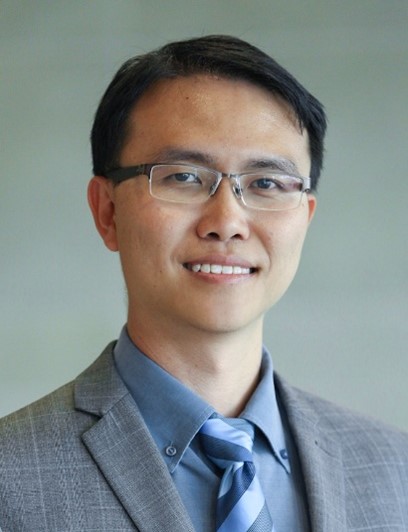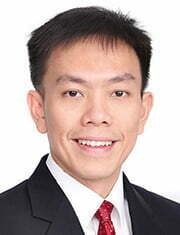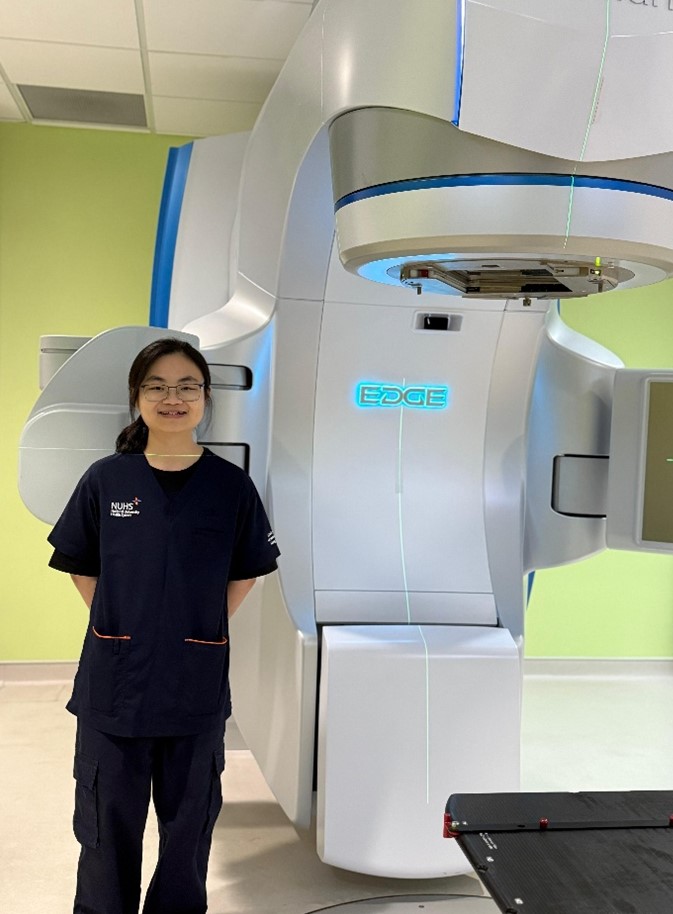• Learn Personalised Cancer Care
Radiation Oncology uniquely blends science and art to deliver tailored treatments by carefully balancing treatment decisions and radiotherapy techniques. Residents learn to achieve cancer control or symptom relief while minimising treatment adverse effects.
• Structured, Supportive Training
Our programme features a structured curriculum with systematic tracking of progress, supported by a nurturing learning environment, dedicated mentors, and a collegial departmental culture.
• Comprehensive Curriculum
Residents receive in-depth training in medical physics, radiation biology, and clinical oncology, with a strong emphasis on advanced radiation technologies that enhance precision in both curative and palliative care.
• Diverse Clinical Exposure
Residents gain experience across a broad spectrum of cases at multiple training sites, including opportunities for overseas rotations, fostering both clinical expertise and cross-institutional collaboration.
• Growth beyond Residency
The programme is designed to develop not only clinical excellence but also the full spectrum of CanMEDS competencies—including communicator, collaborator, leader, health advocate, scholar, and professional. Graduates will be well-prepared to take on leadership roles in patient care, education, and research, and to thrive in an evolving healthcare landscape.
Clinical Practice
Basic training in Years 1 and 2 focuses on foundational sciences, including medical physics, radiobiology, cancer biology, pharmacology of systemic anti-cancer treatments, and medical statistics. Residents are required to spend dedicated time at treatment unit (linear accelerator), simulation suite, treatment planning, and physics quality assurance. This curriculum prepares residents for first FRANZCR/ FRCR Radiation Oncology examination.
Advanced training in Years 3 to 5 emphasizes the comprehensive management of common malignancies and provides exposure to less common ones. This phase also includes training in advanced radiotherapy techniques (stereotactic radiotherapy, brachytherapy, total body irradiation, total skin electron), clinical oncology (systemic therapies, cancer screening and prevention, palliative care), and pathology. By the end of this phase, residents are expected to be ready for the final FRANZCR/ FRCR Radiation Oncology Examination.
Throughout the programme, residents rotate through various tumour streams, with each clinical rotation lasting between 3 to 6 months. During these rotations, residents will attend outpatient clinics, inpatient referrals, radiotherapy treatment reviews, radiotherapy simulation, radiotherapy planning, radiotherapy quality assurance meetings, brachytherapy, and multidisciplinary tumour board discussions.
Education
Beyond core Radiation Oncology rotations, residents will rotate through key related specialties such as Pathology, Palliative Care, Medical Oncology, Malignant Haematology, General Surgery, Urology and Otorhinolaryngology. This interprofessional exposure ensures well-rounded clinical training.
Educational activities include a comprehensive didactic lecture series, case-based discussions, tutorials, journal clubs, and examination preparatory sessions to support residents' professional growth and exam readiness. Additionally, residents are provided with protected time—half a day per week—for self-directed learning.
Research
Residents have access to a wide range of research opportunities, supported by experienced mentors and structured research workshops. Areas of focus include basic science, translational research, and clinical studies.
Our residents have consistently contributed to the academic field through publications in peer-reviewed journals and presentations at both local and international conferences. Many have also received prestigious awards in recognition of their work.
Structure of Training
Year 1-2 (minimum 2 years): Basic training
• Breast
• Thorax
• Head and neck
• Male reproductive system
• Female reproductive system
• Gastrointestinal tract
Year 3-5: Advanced training
• Haematology
• Musculoskeletal and connective tissue
• Endocrine
• Skin
• Optional elective postings (at least 4 months, capped at 6 months)
- Palliative medicine
- Diagnostic radiology
- Medical oncology
- Pathology
For more information on the NUHS Radiation Oncology Residency Programme, please download the brochure below -


